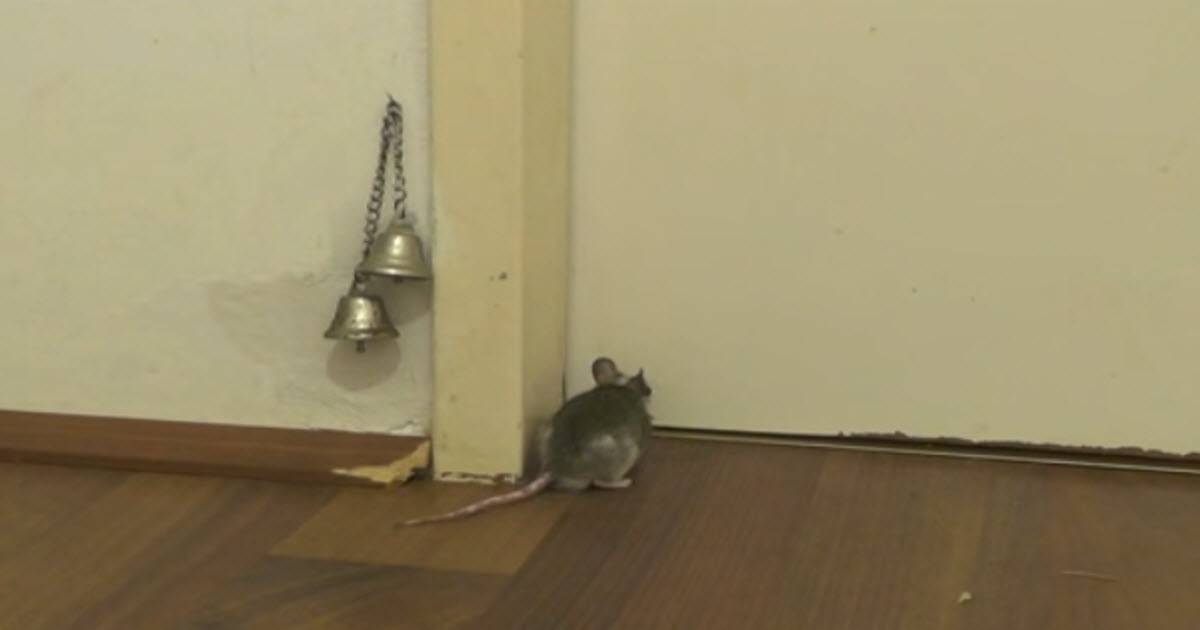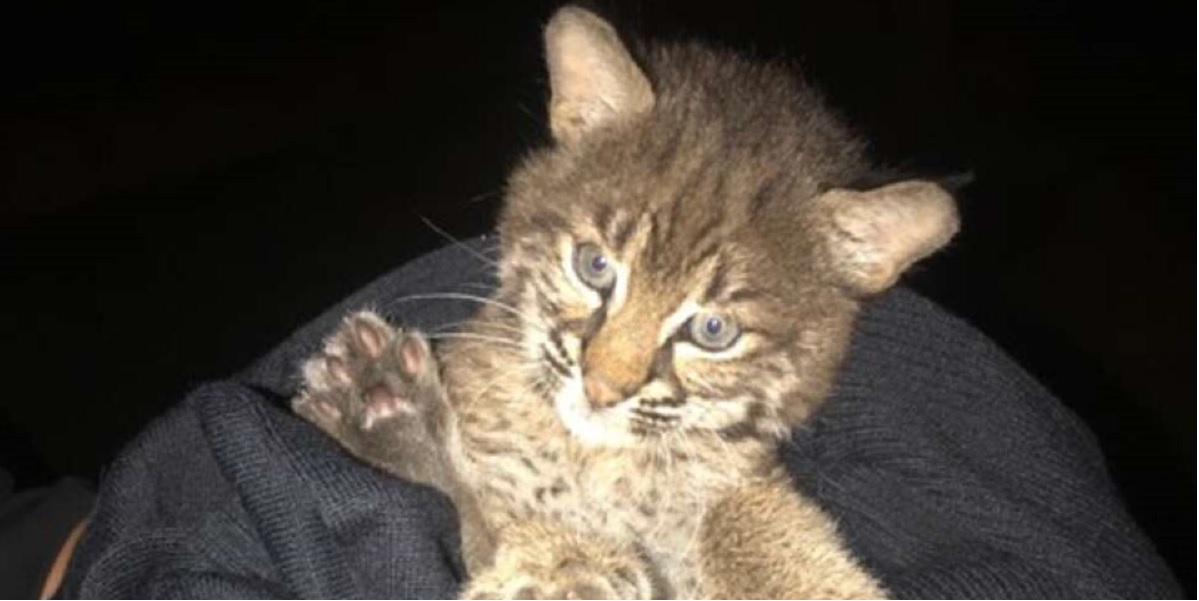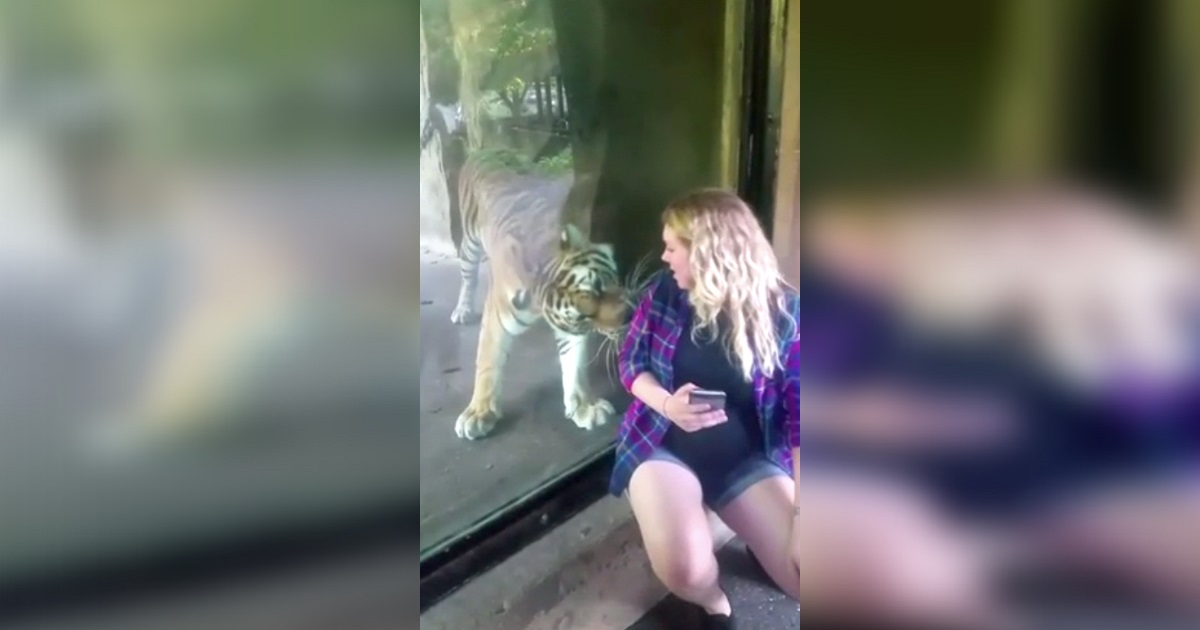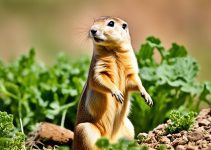Can rabbits eat peas? As a rabbit owner, you may be wondering if it’s safe to feed peas to your furry friend. Well, the answer is yes, rabbits can eat peas! However, there are a few things you need to know before adding peas to your rabbit’s diet.
Rabbits in the wild have a varied diet that includes grasses, leaves, bark, fruits, and seeds. As pets, their diet should consist of hay, fresh greens, a small amount of fruit, and pellets. While hay should make up the majority of their diet, fresh foods like leafy greens and vegetables should also be included.
When it comes to peas, they can be given to rabbits as a treat. Peas are high in phosphorus, protein, and starch, so they should not be given in large quantities. It’s recommended to offer about a teaspoon of peas per two pounds of your rabbit’s body weight. Make sure to monitor your rabbit for any digestive upset or weight gain when introducing peas to their diet.
While peas can be a safe and enjoyable addition to your rabbit’s diet, it’s important to provide a balanced and varied diet overall. Offering a mix of hay, pellets, greens, and a limited amount of fruit will ensure your rabbit gets all the nutrients they need for optimal health.
Remember to consult with your veterinarian before making any significant changes to your rabbit’s diet. They can provide personalized advice based on your rabbit’s specific needs and health condition.
Can Rabbits Eat Peas? Yes, they can enjoy a fresh treat!
- Peas can be safely included in a rabbit’s diet as a treat.
- Offer about a teaspoon of peas per two pounds of your rabbit’s body weight.
- Monitor for any digestive upset or weight gain when introducing peas to your rabbit’s diet.
- Remember to provide a balanced diet that includes hay, pellets, greens, and a limited amount of fruit.
- Consult with a veterinarian for personalized advice regarding your rabbit’s diet.
The Nutritional Benefits of Peas for Rabbits
Peas provide several nutritional benefits for rabbits. They are a good source of dietary fiber, promoting healthy digestion. The fiber in peas helps maintain a rabbit’s gastrointestinal health and prevents any digestive issues. Additionally, peas are rich in essential vitamins, including vitamin K and vitamin C. Vitamin K is essential for blood clotting and helps in maintaining strong bones, while vitamin C supports the immune system and aids in collagen production. Peas also contain important minerals like potassium and manganese, which contribute to overall rabbit health. Potassium helps maintain electrolyte balance and supports proper muscle function, while manganese plays a role in metabolism and bone formation.
Including peas in a rabbit’s diet can contribute to a well-rounded nutritional profile. However, it is important to remember that peas should be given in moderation and as part of a balanced diet. Too many peas or an excessive amount of any single food item can disrupt a rabbit’s delicate digestive system. Therefore, it’s best to offer peas as an occasional treat and not as a primary food source.
Safely Serving Peas to Your Bunny
When serving peas to your rabbit, it’s important to do so safely. Fresh or properly thawed peas should be offered to rabbits, while canned peas should be avoided due to added salt and preservatives. Before feeding peas to your bunny, remove the outer shell. Peas can be introduced gradually, and your rabbit should be monitored for any adverse reactions or digestive upset.
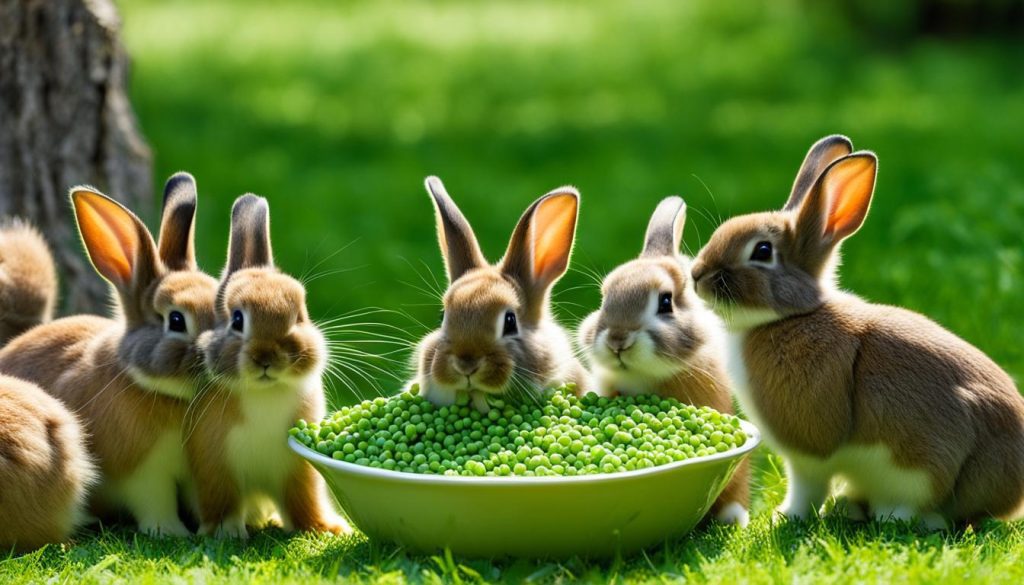
Introducing peas to rabbits can be a delightful addition to their diet, but it’s crucial to take precautions to ensure their well-being.
A Balanced Diet for Rabbits
In addition to peas, rabbits require a balanced diet that includes hay, pellets, greens, and a limited amount of fruit. Providing rabbits with a well-rounded diet is essential for their overall health and well-being.
Hay: Hay should make up the majority of a rabbit’s diet. It provides essential fiber for healthy digestion and helps maintain proper dental health. Rabbits should have unlimited access to high-quality grass hay, such as timothy or orchard hay.
Pellets: Pellets should be given in moderation and serve as a supplemental source of nutrients. The amount of pellets to feed a rabbit depends on their weight. It’s recommended to follow the guidelines provided by the pellet manufacturer or consult with a veterinarian to determine the appropriate daily serving.
Greens: Fresh greens are an important part of a rabbit’s diet, providing additional nutrients and variety. Leafy greens such as romaine lettuce, kale, and parsley can be offered daily. However, some greens, like spinach and mustard greens, should be given in moderation due to their higher oxalic acid content.
Fruit: While fruit can be a tasty treat for rabbits, it should be given sparingly due to its high sugar content. Offer small portions of fruit, such as slices of apple or berries, as occasional rewards. Monitor your rabbit’s weight and adjust the amount of fruit accordingly.
It’s important to consider your rabbit’s weight and adjust their diet accordingly. Overweight rabbits may require less pellets and fruit, while underweight rabbits may need additional servings. Regularly monitor your rabbit’s body condition and consult with a veterinarian for personalized dietary recommendations.
To support your rabbit’s overall health and prevent boredom, provide them with opportunities for exercise and mental stimulation. Enrich their environment with toys, tunnels, and interactive feeding devices. Remember, a happy and healthy rabbit begins with a balanced diet!
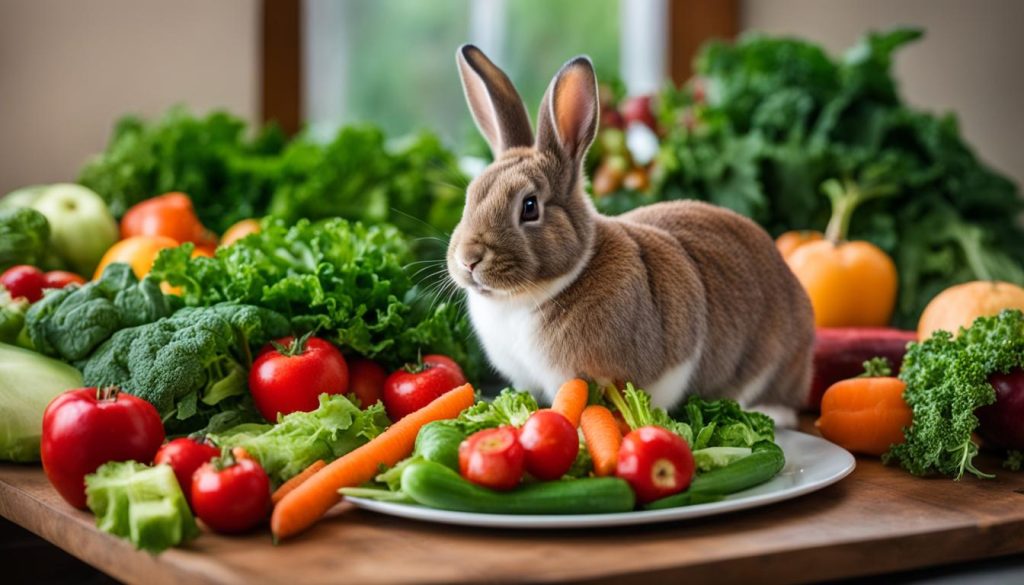
Conclusion
It is safe for rabbits to eat peas as part of a balanced and varied diet. Peas offer nutritional benefits such as fiber, essential vitamins, and minerals that contribute to rabbit health. However, it is crucial to feed peas in moderation and not rely on them as the primary food source for rabbits.
When introducing peas to a rabbit’s diet, it should be done gradually to monitor for any adverse reactions or digestive issues. It is important to remember that a balanced diet for rabbits should consist of hay, pellets, greens, and fruit in appropriate amounts based on the rabbit’s weight.
By providing a diverse diet and ensuring an adequate supply of hay, rabbits can enjoy the occasional treat of peas while maintaining their overall well-being and health. It is essential to prioritize a balanced diet and safe feeding practices to promote the best possible rabbit care.
FAQ
Can rabbits eat peas?
Yes, rabbits can eat peas. However, peas should be given in moderation as they have a high phosphorus, protein, and starch content.
Are peas good for rabbits?
Peas provide several nutritional benefits for rabbits. They are a good source of dietary fiber and contain essential vitamins and minerals that support overall rabbit health.
How should I serve peas to my rabbit?
Fresh or properly thawed peas should be offered to rabbits, while canned peas should be avoided. Before feeding peas to your bunny, remove the outer shell.
How do I introduce peas to my rabbit’s diet?
Peas can be introduced gradually. Monitor your rabbit for any adverse reactions or digestive upset.
What should a balanced diet for rabbits include?
A balanced diet for rabbits includes hay, pellets, greens, and a limited amount of fruit. The specific amounts depend on the rabbit’s weight.

